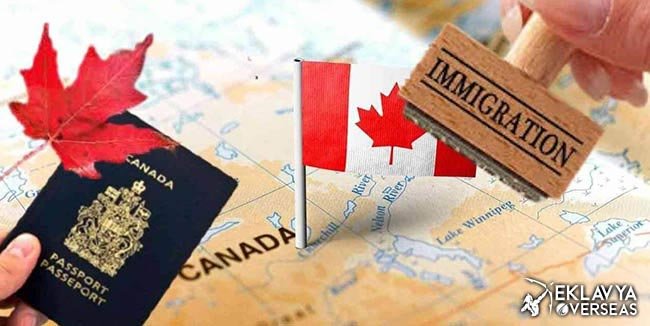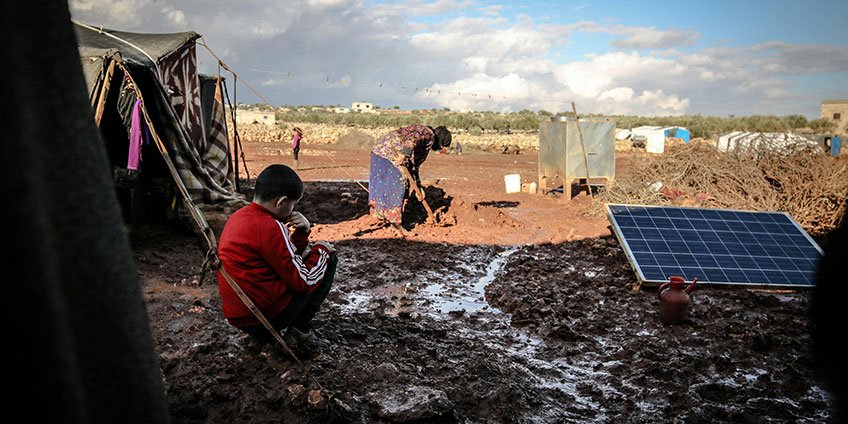Test Post

dvsdavsdasv
5 Important Things to Know Before Applying for a Work Visa

Introduction Applying for a work visa can be exciting, but also a bit confusing. Every country has different rules, documents, and timelines. Whether you’re moving to the U.S., Canada, or Australia, it’s important to be prepared. This guide will help you understand the 5 most important things to know before you start your application. 1. Understand the Visa Type You Need There are different types of work visas depending on your job, industry, and country: Skilled Worker Visa – For professionals with specific qualifications. Temporary Work Visa – For short-term jobs or seasonal work. Employer-Sponsored Visa – When a company sponsors you directly. Tip: Always check the official immigration website of the country you’re applying to. Don’t rely on second-hand information. 2. Check the Eligibility Requirements Before you apply, make sure you meet the basic requirements: Age limit (if any) Educational qualifications Work experience Language tests (IELTS, TOEFL, etc.) Some visas also require proof of funds, police clearance, or a medical test. 3. Prepare All Necessary Documents A complete application increases your chances of approval. Common documents include: Valid passport Resume or CV Job offer letter Academic certificates Proof of language proficiency Pro Tip: Always submit scanned copies in high quality and double-check that the information matches. 4. Be Ready for an Interview or Biometrics Some work visas require you to: Attend an interview at an embassy Give biometrics (fingerprints and photo) Submit a medical report These steps are usually scheduled after you submit your application. Make sure you’re available for appointments and keep your phone and email active. 5. Track Your Application & Be Patient Visa processing times vary by country and visa type. While some get processed in 2 weeks, others may take months. You can usually track your application online. If it’s taking too long, contact the immigration helpline or your employer (if sponsored). Conclusion Applying for a work visa may seem overwhelming, but with the right information and preparation, the process becomes easier. Always rely on official sources, keep your documents ready, and stay organized. A work visa could be your first step toward a new life and career abroad!
Canada New Immigration Policy

Content coming soon
Not Just a Statistic: The Human Side of Immigration Policies

Every time a government passes a new immigration policy, a number gets attached. A quota. A percentage. A limit. And just like that, human lives are reduced to statistics. News headlines talk about “migrant influx” or “refugee caps,” but what’s often missing is the heart of the matter: the people behind the numbers. Because immigration isn’t just about borders and paperwork — it’s about families, dreams, survival, and identity. Policies That Define Lives One policy decision can change someone’s entire future. A delay in processing can mean separation from family. A rejected application can mean being forced back into danger. A change in refugee status can lead to homelessness, trauma, or worse. When we look at policies only on paper, we forget the real people affected by them — the students who came for education but were denied work permits, the workers who pay taxes but are refused permanent residency, the parents who just want safety for their children. They’re not numbers. They’re neighbors. They’re friends. They’re human beings with stories. Behind Every Application is a Story There’s a man named Farid who fled war in his home country. He applied for asylum, waited for months, and was denied — even though going back could cost him his life. There’s a woman named Amina who works three jobs and still can’t get PR (permanent residency) because she falls short on points — even though she’s been helping her community for years. And then there’s the countless international students who were promised opportunity but are now drowning in uncertainty. These aren’t rare cases. They’re just rarely heard. When the System Forgets Compassion,/h3> Yes, every country needs structure. Yes, rules and checks are necessary. But when the system loses sight of compassion, it starts to break people. Immigration policies need to be more than just rules. They need to be fair. They need to be humane. And they need to listen to the voices that are often silenced. Immigration is not just a policy issue — it’s a human issue. And the more we dehumanize it, the more we allow injustice to thrive behind closed doors. Behind every immigration form is a person hoping for a better life. Behind every statistic is a beating heart, a family waiting, a voice praying to be heard. Let’s stop treating people like numbers. Let’s start seeing them as what they are — human.
Leaving Everything Behind: What Immigration Really Feels Like

Immigration is more than just a change in address. It’s a quiet storm that shakes up everything — your identity, your comfort zone, your relationships, and even your sense of purpose. People often see the photos — smiling at the airport, new beginnings, fresh starts. But behind every immigration story is a part of someone left behind, a version of life paused, and an emotional weight that’s rarely talked about. This blog is about what immigration really feels like — not just the excitement of a new chapter, but the ache of leaving everything behind to write it. Saying Goodbye Isn’t Just a Moment — It’s a Series of Them The goodbyes start long before the flight. You say goodbye to the house that raised you, the streets that felt like second skin, and the familiar faces who won’t be there in the morning. You start counting “lasts.” Last chai at your favorite spot. Last evening walk with your sibling. Last hug that might have to last for years. Even after you land, the goodbyes continue — to habits, routines, even the version of yourself that knew how everything worked. The Excitement Feels Heavy Yes, there’s excitement. The chance at a better future, new opportunities, safety, growth — it’s all real. But so is the fear. Suddenly, you’re surrounded by a language that isn’t your own, food that doesn’t taste like home, and systems you don’t understand. You feel like a stranger in your own skin, trying to blend into a world that doesn’t always welcome you back.
